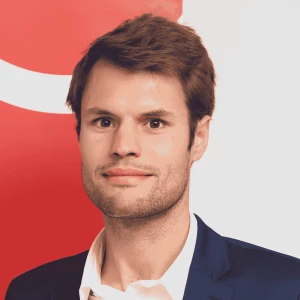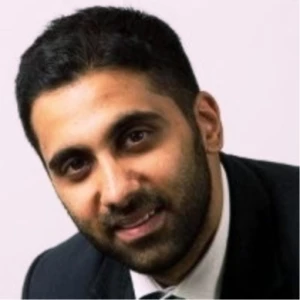Hi everyone,
I just completed the McKinsey Problem Solving Game yesterday – I purchased a prep course and spent time practicing.
I’ve noticed that some people recommend starting to prepare for case interviews immediately after taking the PSG, even before receiving any results, in order to maximize preparation time.
However, I’m wondering if that’s really necessary, or if it’s better to wait until hearing back – both to avoid unnecessary effort if things don’t move forward, and because the window between receiving an invite and the interviews might be enough for effective prep(?).
For context, I felt that the Ecosystem Building and Sea Wolf sections went very smoothly, but I didn’t do great on the Red Rock game - cases were perfect but the first part was very tough.
Does anyone know if there’s still a reasonable chance to pass in a case like this?
Curious to hear how others approached this – did you start case prep right away, or wait for the results?
Any advice would be much appreciated!
Thanks in advance!


















